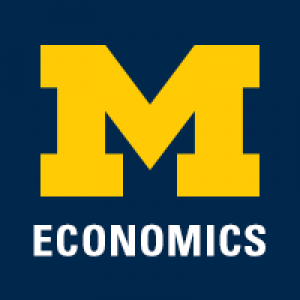Presented By: Health, History, Demography and Development (H2D2)
Health, History, Demography and Development (H2D2)
Fewer Votes, Fewer Jobs? Public Employment and Immigrant Disenfranchisement, 1900-1930 presented by Morgan Henderson, University of Michigan

Abstract:
What are the labor market effects of disenfranchisement? A large literature documents the impact of enfranchisement on public spending, but less is known about the interaction of voting status and labor market outcomes. One potential mechanism is that of political patronage employment: the exchange of government employment for electoral support. Using for identification the repeal of state-level laws which enfranchised non-citizen immigrants in the late 19th and early 20th centuries, I find that from 1900-1930, non-citizen immigrants were 28 – 42% more likely to obtain public employment while enfranchised than after the repeal of the laws. This result is robust to a variety of specifications. Consistent with a patronage mechanism, I find that this effect is strongest in local electoral environments in which a single vote constituted a higher fraction of the expected winning margin: those counties with a recent history of more contested congressional races, and a smaller overall voting pool.
What are the labor market effects of disenfranchisement? A large literature documents the impact of enfranchisement on public spending, but less is known about the interaction of voting status and labor market outcomes. One potential mechanism is that of political patronage employment: the exchange of government employment for electoral support. Using for identification the repeal of state-level laws which enfranchised non-citizen immigrants in the late 19th and early 20th centuries, I find that from 1900-1930, non-citizen immigrants were 28 – 42% more likely to obtain public employment while enfranchised than after the repeal of the laws. This result is robust to a variety of specifications. Consistent with a patronage mechanism, I find that this effect is strongest in local electoral environments in which a single vote constituted a higher fraction of the expected winning margin: those counties with a recent history of more contested congressional races, and a smaller overall voting pool.
Explore Similar Events
-
Loading Similar Events...
